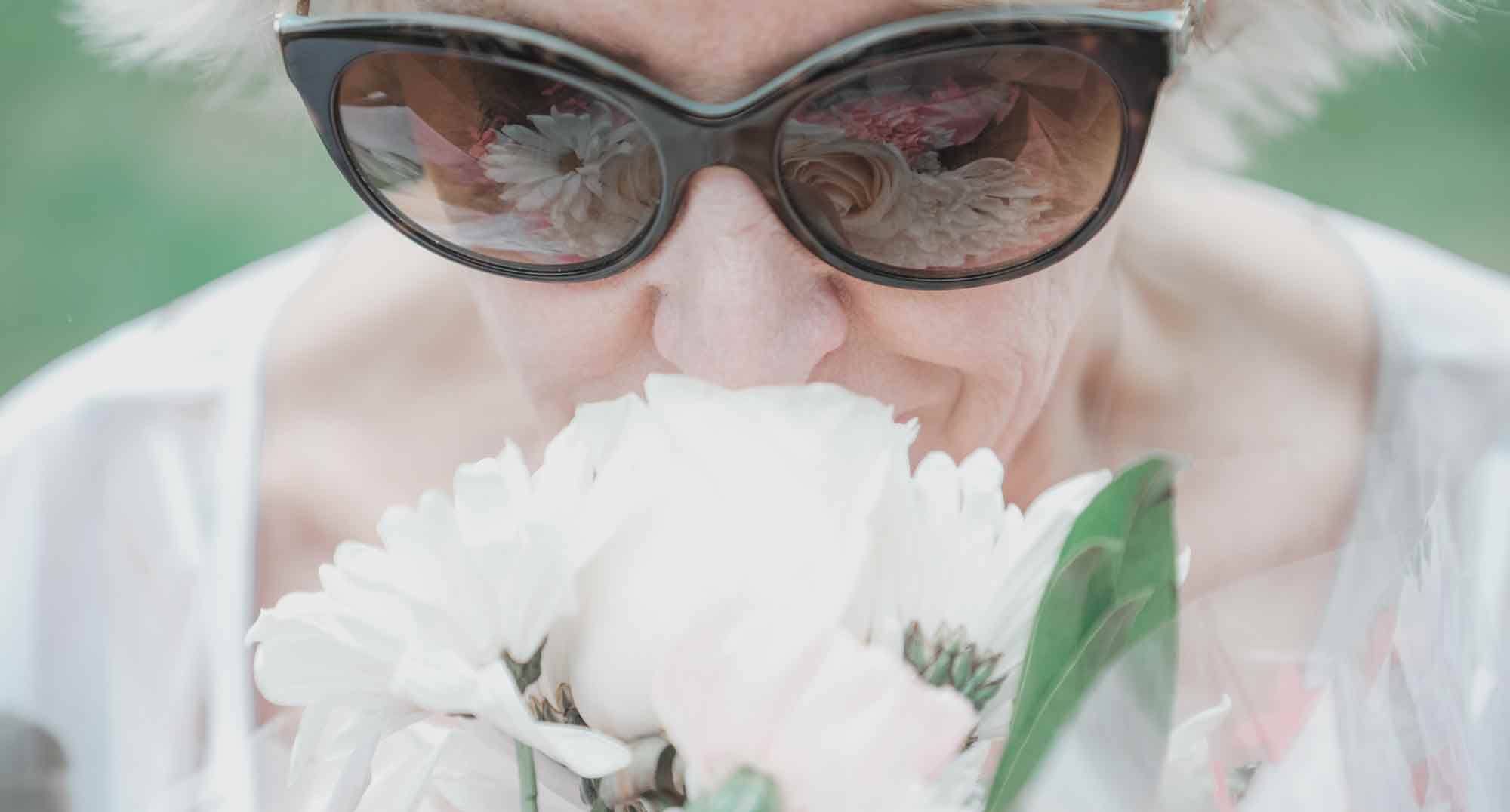LEAH FARISH|GUEST
Today I had a lovely conversation with a Christian sister approaching 80—years, not mph. We had just finished Sharon Betters’ and Susan Hunt’s Aging with Grace, and that led us to our own talk on that topic. The book presents “steppingstones” of advice about getting older, and we came up with a few more.
Widen your heart
After a certain age, we cannot be young, but we can be youthful. The phrase “growing older” really offers a choice—between growing or just getting old. One of the things I notice about a youthful, ageless person is that she keeps growing in relationships. In existing relationships, she allows her friends to change; she lets herself be surprised; she expects her children to develop continually. She is open to new relationships, greeting newcomers at church or events, asking questions, revising first impressions with second and fifth and twentieth ones. One of the godliest, and ever-youthful, people I ever knew, my mother, was still asking the names—and birthdays and life stories– of her ever-changing roster of caregivers when she was in her late 80’s. We would call or visit to check on her only to hear of the woes or triumphs of the third-grade child of her physical therapist. Her heart remained wide open to people all her life. Paul admonishes us; “You are restricted in your own affections…[W]iden your hearts.” (1 Cor. 6:12-13). It has become fashionable for some of us to nestle into our identity as introverts, but if we want to stay youthful, we will continue to pursue love.
Embrace humility
Learning keeps us humble, curious, and interesting—all attractive qualities in a person of any age. The older friend I was talking with, for example, took up Hebrew lessons during the Covid shutdown. Another friend began violin lessons after her kids went to college. When I started my podcast, Conversation Balloons, I decided I wanted it to be an interview-format show rather than just uploading my unchallenged thoughts into a microphone. Although there are some wonderful first-person programs, I have learned a hundred times more by engaging in dialogue than I would have doing monologues.
Recently I was asked to help lead a 2023 Reformation-oriented tour of Europe and contribute some talks along the way about Martin Luther. I replied to the organizer that I’m not an expert on Martin Luther and have never written about him. This kind brother said, “Well, but you’re a theologian, and you’re interesting.” I almost refused on the spot after those compliments—didn’t want to disillusion him! But I agreed to pray about it, and now am wrestling with how humbling it would be to try to dig into the topic. It’s so enormous that it makes me feel childlike—a rather refreshing feeling! I might be a flop. I just might say yes.
Find renewal
There’s no fountain of youth but there is a fountain of renewal—in, as Hunt and Betters say, repentance. This way we are not “conformed to the passions of [our] former ignorance,” (I Peter 1:17) but become “like newborn infants…[who] grow up into salvation” (I Peter 2:2), “transformed by the renewal of our minds” rather than being conformed to a world which is growing more tainted and decrepit by the day (Romans 12:2). Refreshment to our very bones comes with turning away from evil (Prov. 3:7-8, Acts 3: 19-20).
Speak graciously
Keeping our language positive and pure can sustain us—1 Peter 3:10 says, quoting Psalm 34:12-14, “Whoever desires to love life and see good days, let him keep his tongue from evil and his lips from speaking deceit.” Forming healthy speaking habits shapes our attitude, and will help us avoid hurting others and the witness of our faith when old age may cause us to lose some of our inhibitions. Guarding our tongues also keeps us from burning bridges with friends and relatives.
Be new wineskins
We are all getting older. But some of us are also getting newer. When we abide in that God, as Betters and Hunt recommend,[1] we transcend the old/young binary and tap into newness. He is the Ancient of Days–but He makes all things new: Behold. As G.K. Chesterton said, in Orthodoxy, “Our Father is younger than we are.”[2] His is the power of an indestructible life (Heb. 7:16). We become the new wineskins into which God pours the new wine of His Spirit. It is worldly things that are subject to the corruption of moth and rust and sin; the spiritual woman is renewed day by day.
I was once talking to a young woman with intellectual disabilities. She was wearing some fancy shoes and I commented on how pretty they were. “Are they new?” I asked. She proudly answered, “Oh, yes, they’ve been new for a long time!” When we are indwelt by the eternal God, we will be new for a long, long time.
Look in the mirror. You look very different from how you looked twenty years ago. This change hints to you that God is up to something—and you are not in control of it. How do you feel about that? If we trust in His leading us through time, we will smile. The woman of God smiles at the future (Proverbs 31:25).
[1] Susan Hunt and Sharon Betters, Aging with Grace (Wheaton, IL: Crossway, 2021), 28.
[2] G.K. Chesterton, Orthodoxy (NY: Barnes and Noble, 2007), 51.
Photo by Taylor Deas-Melesh on Unsplash

Leah Farish
Leah is host of the interview podcast Conversation Balloons, about all things generational, available on Google Podcasts, Spotify, Apple Podcasts, and more. She and her husband are active at Christ Presbyterian Tulsa.

